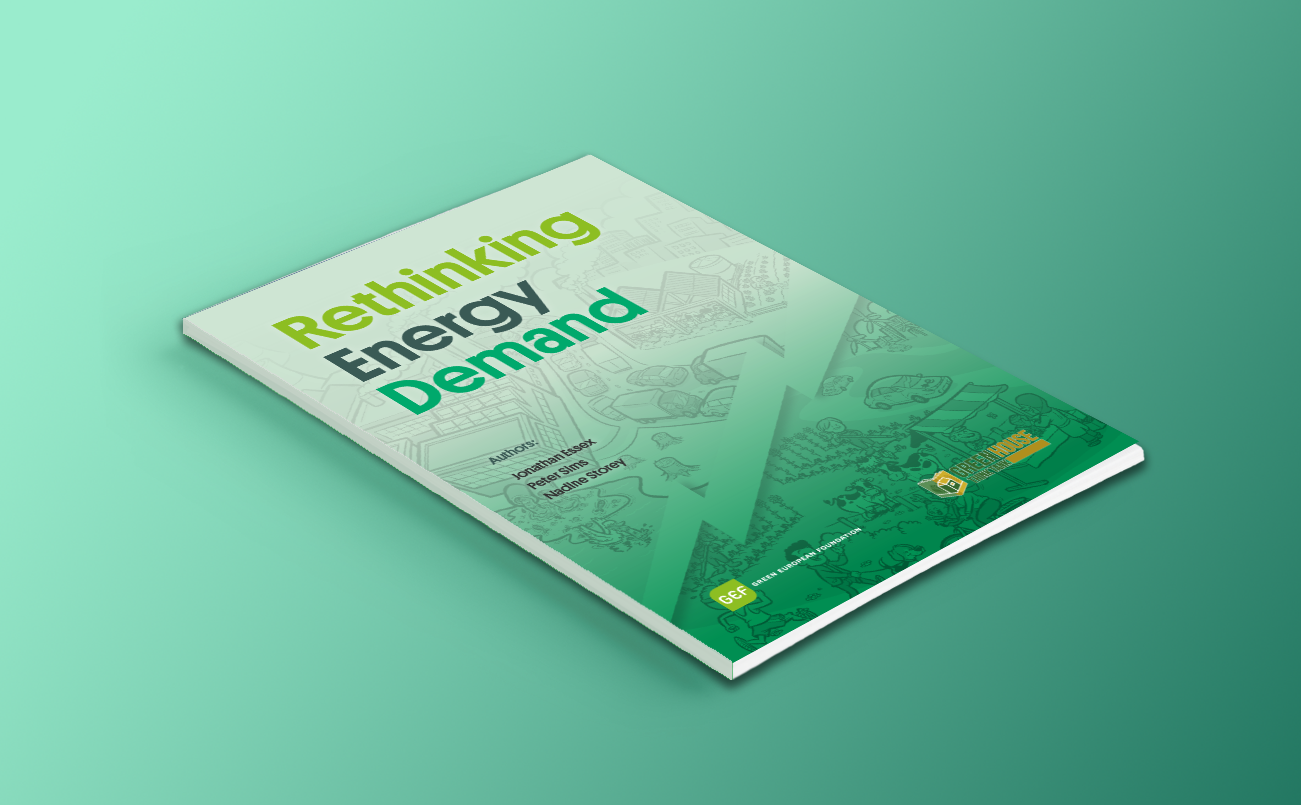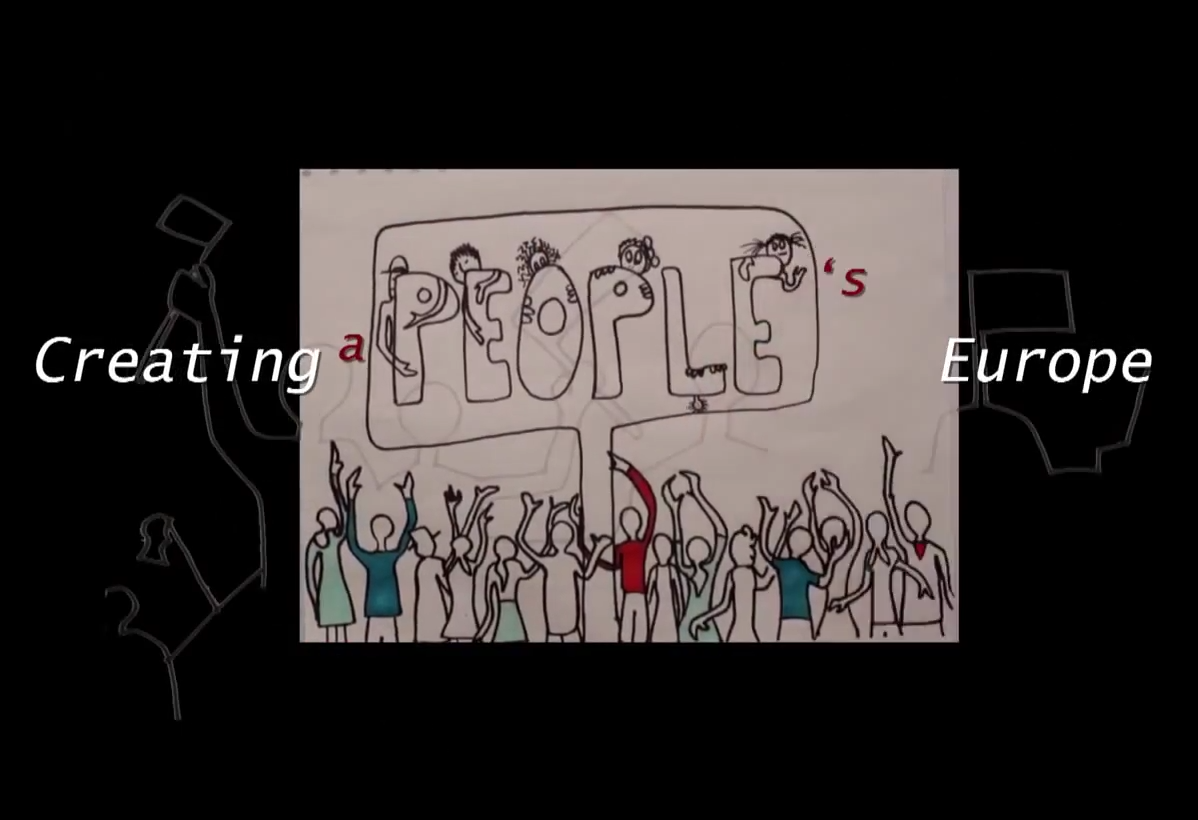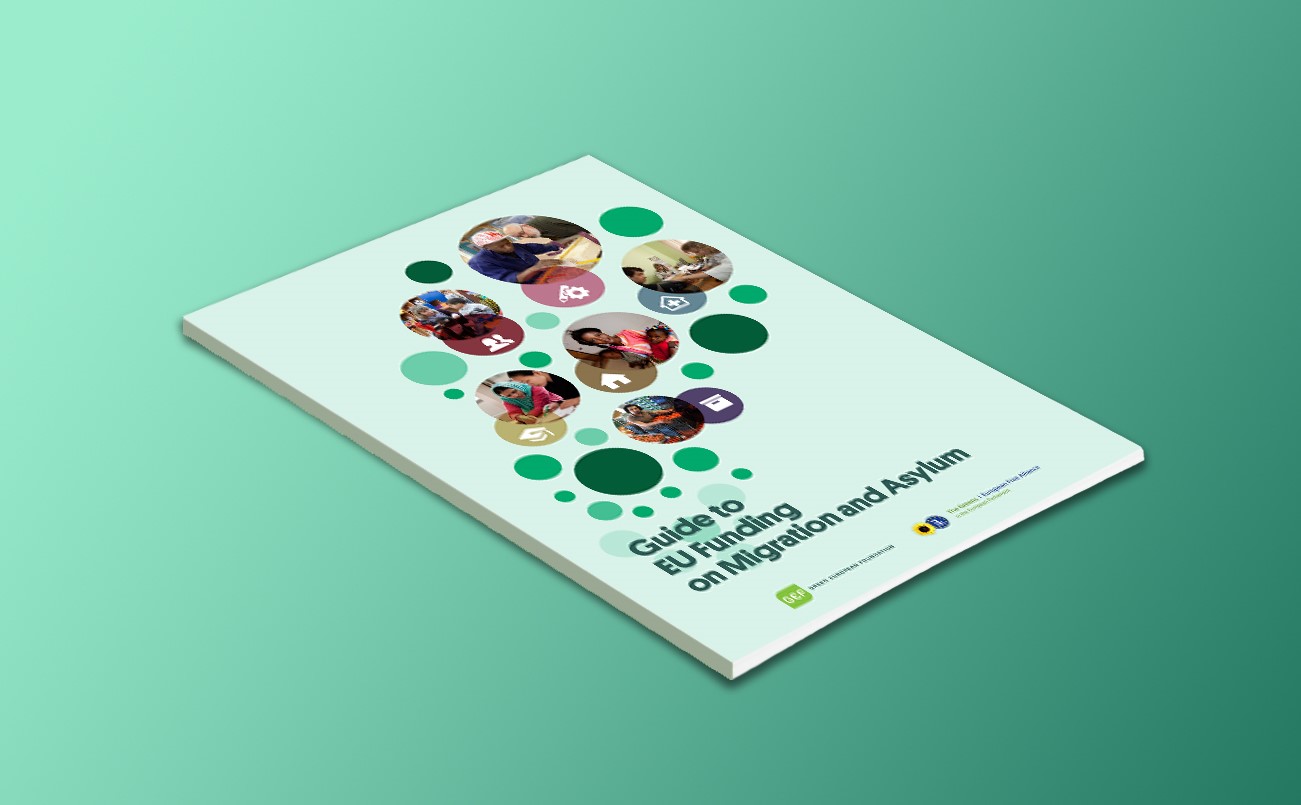
Context
Scientists are clear that Europe must significantly reduce its overall energy demand to meet the targets for carbon reduction necessary to limit climate danger. In its latest report on climate mitigation, the IPCC has, for the first time, included a chapter dedicated to reducing demand. This chapter concludes that calling for individual action is insufficient and that a society-wide approach is needed for significant impact, delivering up to 70% decarbonisation.
However, there is a dangerous silence on this matter within the public sphere. Politicians are hesitant to speak on this point, fearing the disruption that this will cause. (2) However, disruption is an inevitable part of any economic change and there is still time to make a choice about the form this disruption takes. Avoiding the topic closes off all options around how to address the impacts.
Objectives
This report explores the need to rethink energy demand in terms of policies, politics and economics. It draws on interviews and round-table discussions with academics researching energy reduction and sufficiency, and post-growth and macroeconomics, and with green politicians.
Energy demand is just a subset of how humanity is exceeding planetary boundaries.
The report focuses on the barriers, opportunities and where sufficient changes could be unlocked through new governance, policies and communication, rather than on specific policies for specific sectors. Whilst this report focuses specifically on reducing direct energy demand, much of the report’s findings could be applied to much wider challenges, including the indirect energy embodied in supply chains, which also need to be reduced if we are to address the interlocking climate and ecological crises. The report is written to inform and provide a resource for policy makers, politicians, climate campaigners and the general public who are motivated to respond to the climate change threat.
Download
Available in Greek
Available in Catalan
Available in Spanish
This publication has been realised by the Green European Foundation and Green House Think Tank with the financial support of the European Parliament. The European Parliament is not responsible for the content of this publication.




